COURSE OVERVIEW
MECHANICAL ENGINEERING
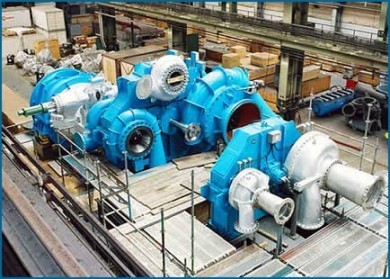
OVERVIEW
| COURSE TITLE | : | ME0420 : Turbo Expander Operation, Performance, Maintenance & Troubleshooting |
| COURSE DATE | : | Oct 14 - Oct 17 2024 |
| DURATION | : | 4 Days |
| INSTRUCTOR | : | Dr. John Sproston Days |
| VENUE | : | Al Khobar, KSA |
| COURSE FEE | : | $ 4500 |
| Register For Course | ||
OTHER SCHEDULED DATES
| Date | : | Mar 04 - Mar 07 (4 Days) | Location | : | Dubai, UAE | Classroom Fee (US$) | : | $ 4500 | Course Info |
| Date | : | Jul 08 - Jul 11 (4 Days) | Location | : | Abu Dhabi, UAE | Classroom Fee (US$) | : | $ 4500 | Course Info |
| Date | : | Dec 09 - Dec 12 (4 Days) | Location | : | Istanbul, Turkey | Classroom Fee (US$) | : | $ 5000 | Course Info |
Course Description
This practical and highly-interactive course includes real-life case studies where participants will be engaged in a series of interactive small groups and class workshops. Turbo-expanders have been used for decades in hundreds of applications and are used to drive generators, pumps and compressors in the most demanding of applications. Turboexpanders are manufactured in both radial inflow (centrifugal) and axial configurations in sizes ranging from a fraction of a HP up to 50,000 HP. The turboexpander is a centrifugal or axial flow turbine through which a high pressure gas is expanded to produce work that is typically used to drive a compressor. Because work is extracted from the expanding high pressure gas, the expansion is isentropic and the low pressure exhaust gas from the turbine is at a very low temperature, often as low as 200 K (-100 ?F) or less. Turbo-expanders are essential components in air separation plants; cryogenic processes; LNG plants; natural gas and propane pressure letdown applications - gas plants & pipeline compressor stations; geothermal applications; and waste heat recovery systems. It is common to have two or more turbo-expanders driving a single generator, pump or compressor. High-pressure turboexpanders, usually installed in pairs, are typically used to provide refrigeration for the production of cryogenic liquids. The expander extracts work from a high-pressure gas stream providing refrigeration to the process. The work removed from the gas stream by the expander is used to provide compression power to cycle. These applications demand high efficiency and reliability at a low installed cost. The efficiency of the turboexpander has a significant impact on the cost of the cryogenic liquid produced.This course is designed to provide participants with a complete and up-to-date overview of the turboexpanders from the basic knowledge and applications to the maintenance and troubleshooting techniques. The course will cover turboexpander fundamentals; application of cryogenic turboexpanders: processes; applications of hot gas turboexpanders; overview of turboexpander construction features; rotor dynamics; construction materials; fabrication issues; installation guides; turboexpander maintenance; failure analysis and troubleshooting.
TRAINING METHODOLOGY
This interactive training course includes the following training methodologies as a percentage of the total tuition hours
LecturesWorkshops & Work Presentations
Case Studies & Practical Exercises
Videos, Software & Simulators
In an unlikely event, the course instructor may modify the above training methodology before or during the course for technical reasons.
VIRTUAL TRAINING (IF APPLICABLE)
If this course is delivered online as a Virtual Training, the following limitations will be applicable
| Certificates | : | Only soft copy certificates will be issued to participants through Haward’s Portal. This includes Wallet Card Certificates if applicable |
| Training Materials | : | Only soft copy Training Materials (PDF format) will be issued to participant through the Virtual Training Platform |
| Training Methodology | : | 80% of the program will be theory and 20% will be practical sessions, exercises, case studies, simulators or videos |
| Training Program | : | The training will be for 4 hours per day starting at 09:30 and ending at 13:30 |
| H-STK Smart Training Kit | : | Not Applicable |
| Hands-on Practical Workshops | : | Not Applicable |
| Site Visit | : | Not Applicable |
| Simulators | : | Only software simulators will be used in the virtual courses. Hardware simulators are not applicable and will not be used in Virtual Training |
RELATED COURSES
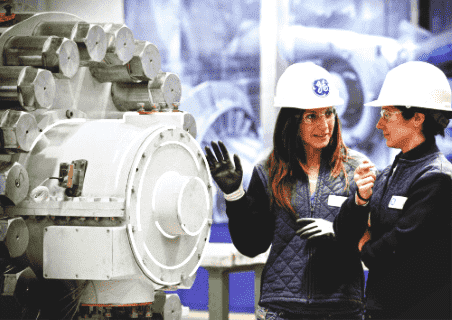
ME0615 : Operation, Maintenance & Troubleshooting of Pumps & Compressors
- Date : May 12 -May 16 / 3 Days
- Location : Istanbul, Turkey
- Course Details Register
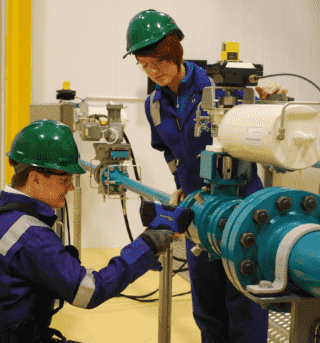
ME0120 : Safety Relief Valve Sizing, Selection, Operation, Inspection, Testing, Maintenance & Troubleshooting (PRV & POPRV/PORV): API 520/521/526/527
- Date : May 12 -May 16 / 3 Days
- Location : Dubai, UAE
- Course Details Register
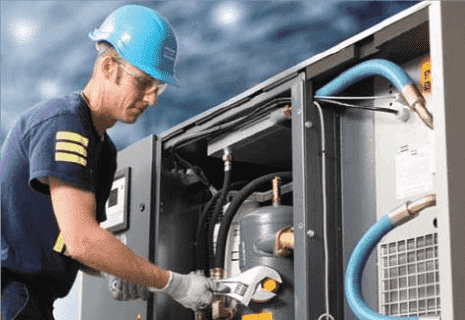
ME0976 : Screw Compressor Theory and Troubleshooting
- Date : May 13 -May 16 / 3 Days
- Location : Dubai, UAE
- Course Details Register
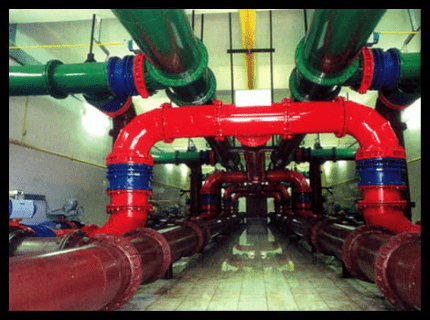
ME0630 : The Layout of Piping Systems & Process Equipment
- Date : Dec 10 -Dec 14 / 3 Days
- Location : Al Khobar, KSA
- Course Details Register
